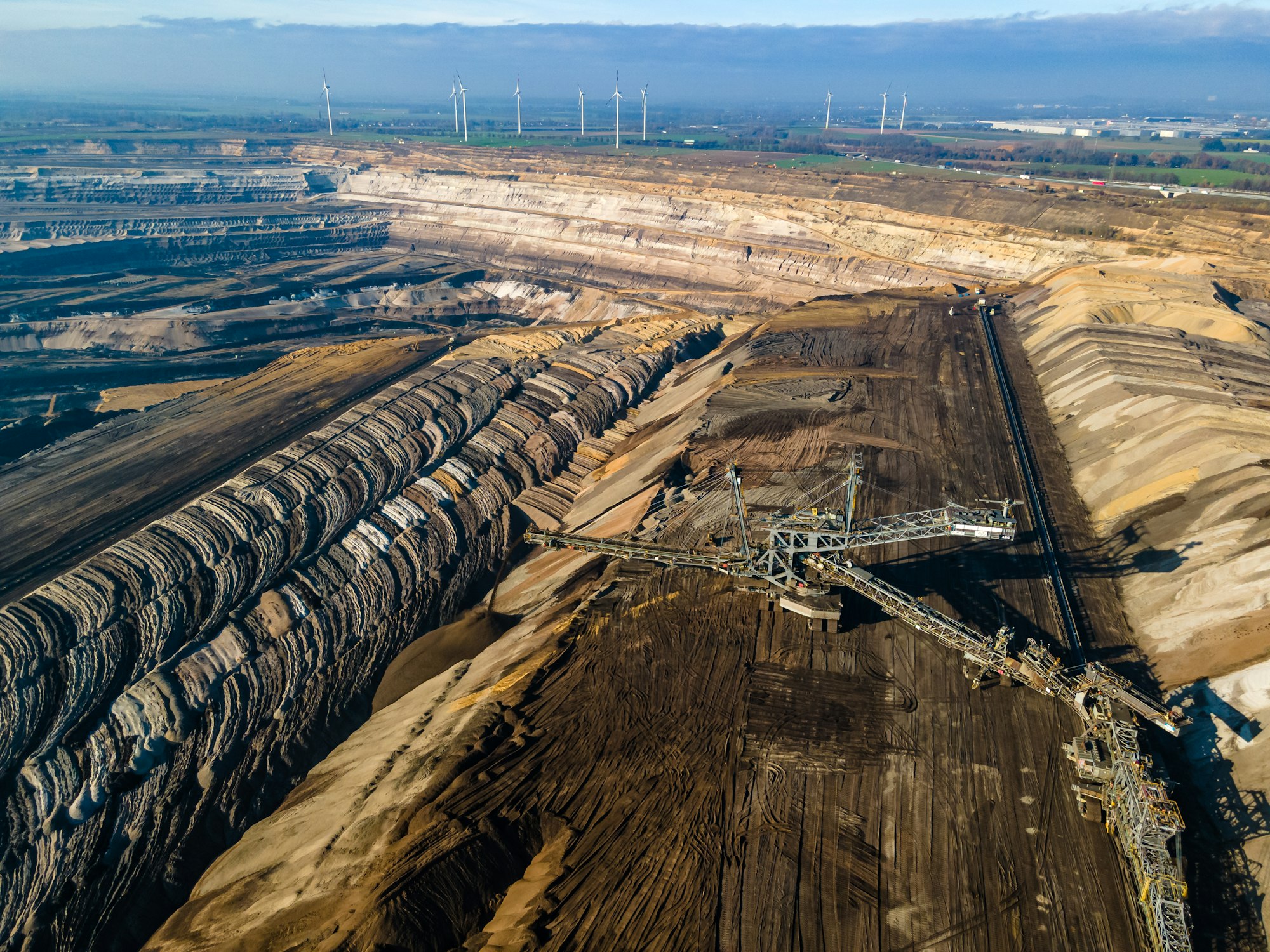As I scroll through my news feed, I’m met with an avalanche of uplifting stories that signal a seismic shift in our collective approach to sustainability. It’s hard not to feel a sense of excitement when confronted with the sheer velocity of innovation sweeping across the clean tech landscape.
Take electric vehicles, for instance. The numbers are nothing short of staggering. EV sales are booming, with global figures breaking records and the U.S. market witnessing a remarkable 46% jump in January alone. It’s not just about the cars themselves – though the Ford F-150 Lightning and Tesla Model 3 are undoubtedly impressive – but the ecosystem that’s rapidly coalescing around them. From battery swap networks to charging startups, the infrastructure is evolving at breakneck speed.
But it’s not just EVs. Renewable energy, particularly solar power, is on a tear in Texas, with January witnessing a 46% surge in solar generation. And then there’s Thailand, where the world’s largest floating hydro-solar project has come online, prompting the Electricity Generating Authority of Thailand to accelerate 15 new clean energy initiatives. These aren’t isolated success stories; they’re symptomatic of a broader trend that’s reshaping our relationship with energy.
Of course, challenges persist. Legislative changes in Florida and corporate resistance to ESG investing are ominous signs that not everyone is yet convinced of the need for sustainable practices. Yet, it’s heartening to see corporations like Ford and social change advocates like myself pushing the envelope on decarbonization efforts.
The U.S. Energy Information Administration’s forecast – which predicts solar power and battery storage as dominant sources of new electricity generation capacity by 2050 – is a clarion call to action. It’s time for us to recognize that our collective future hinges on our ability to adopt and promote clean tech initiatives. The revolution will be won not through incremental tweaks, but through systemic transformations that prioritize sustainability above all else.
In this sense, these stories aren’t just about technology or policy; they’re about the human experience itself. They’re a testament to our capacity for collective evolution, for reimagining a world where energy and transportation are no longer mutually exclusive. As I reflect on these developments, I’m reminded that the clean tech revolution isn’t merely an inevitability – it’s a moral imperative.






